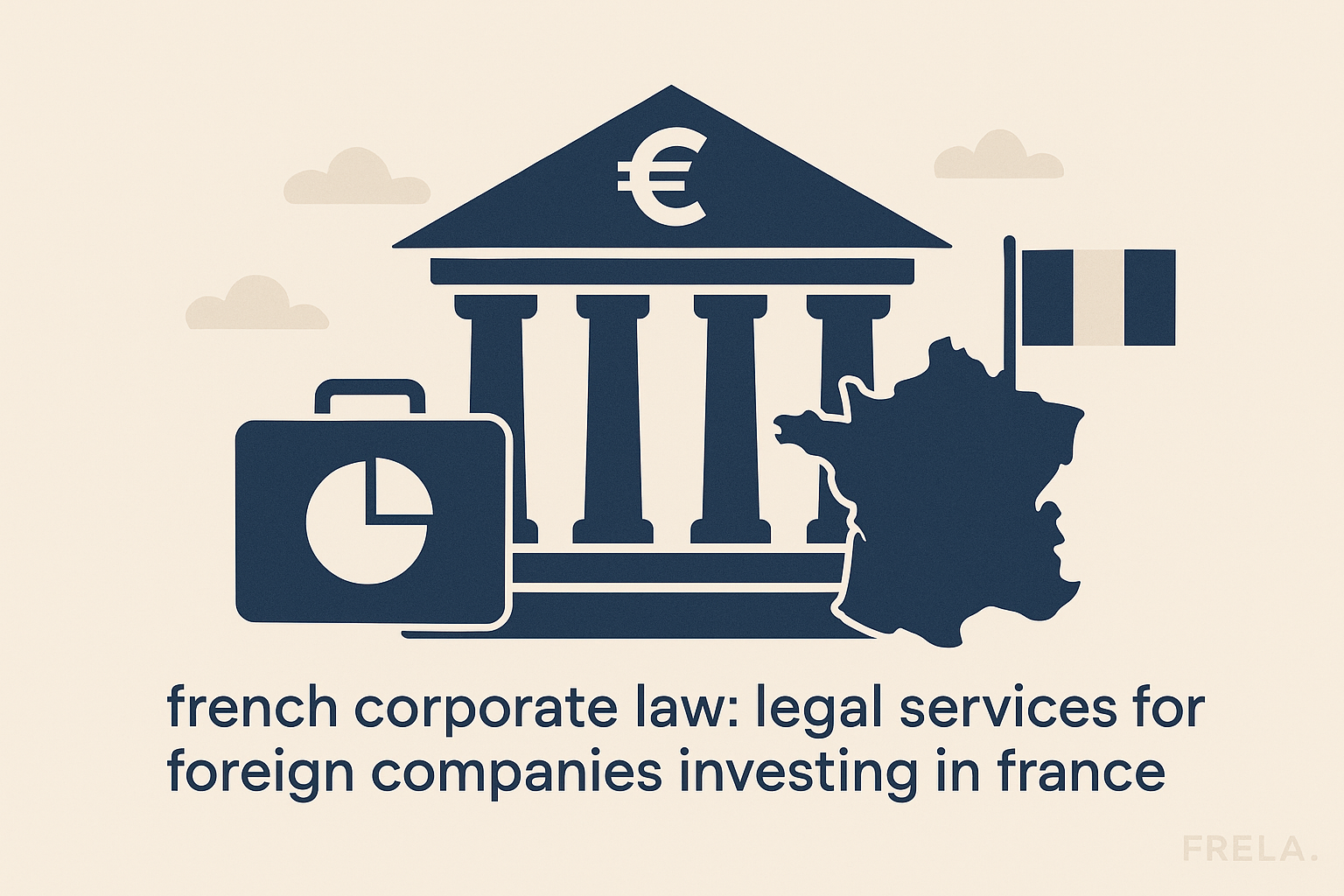Registering a company and VAT
Starting a business is an exciting venture, but it also involves a number of legal and administrative steps that must be followed. One of the key steps is registering the company, which gives it legal existence and a unique identification number. In addition to registering the company, businesses may also be required to register for value-added tax (VAT), depending on their activities and sales volumes.


How to register a company : steps and procedures
Starting a business is an exciting adventure, but it can also be complex. One of the important steps to follow is registering the company. This allows the company to have a legal existence and a unique identification number. Here are the different steps and procedures to follow to register your company.
1. Choose the legal form of the company
The first step in registering a company is to choose its legal form. There are several types of companies, each with its own advantages and disadvantages. The most common are the limited liability company (LLC), the public limited company (PLC), the sole proprietorship (SP), and the micro-enterprise. It is important to carefully consider the legal form of the company as it will have consequences on the liability of the partners, the tax regime, the formalities for creation, etc.
2. Draft the articles of association of the company
Once the legal form is chosen, it is time to draft the articles of association of the company. The articles of association are an important document that defines the rules for the operation of the company, its objectives, its management and decision-making procedures, etc. They must be drafted with precision and must comply with the laws and regulations in force.
3. Obtain a SIRET number
The SIRET number is a unique identification number that is assigned to each company in France. To obtain a SIRET number, you must register with INSEE (National Institute of Statistics and Economic Studies) by filling out an activity declaration form. This number will be used for all administrative formalities related to your company.
4. Deposit the share capital
The share capital is the amount of money or property that the partners bring to the company. It must be deposited in a bank account opened in the name of the company. The minimum amount of share capital varies depending on the legal form of the company. For example, for an LLC, the minimum share capital is 1 euro.
5. Publish a legal notice
The legal notice is a publication in a newspaper authorized to receive legal notices. It must announce the creation of the company, its name, its legal form, its share capital, the address of its registered office, etc. This notice must be published in a newspaper authorized in the department where the registered office of the company is located.
6. Register the company
Registering the company is the final step in the registration process. It involves submitting a file to the competent Business Formalities Center (CFE). The CFE is the single point of contact for all formalities related to the creation of the company. The file must contain the articles of association of the company, the activity declaration form, the proof of deposit of the share capital, the legal notice, etc. The CFE will verify the file and forward it to the various competent bodies for registering the company (INSEE, commercial court registry, etc.).
7. Obtain any other necessary authorizations
Depending on the activity of the company, it may be necessary to obtain other authorizations or permits. For example, if you open a bakery, you will need to obtain an authorization from the town hall and a health authorization from the prefecture. Make sure to check the necessary authorizations for your activity before starting your business.
VAT registration
The VAT identification number is a unique identification number assigned to each company by the tax authority of the country in which it is domiciled at the time of registration, whether as a micro-entrepreneur, individual entrepreneur, or company. The structure of the number varies from country to country.
For companies liable for VAT and domiciled in a European Union member state, the VAT identification number is mandatory. Companies subject to VAT but not liable for it can also request a VAT identification number, such as companies benefiting from the VAT exemption regime. Companies not liable for VAT are not generally required to have a VAT identification number.
However, the obligation to obtain one arises when the company makes acquisitions worth more than €10,000 per year or when it buys or sells services to companies established in the European Union. The VAT identification number must appear on all commercial and administrative documents of the company, such as invoices and VAT declarations.
If the company is not subject to VAT, the automatic attribution of a VAT identification number is not granted. In this case, the company must request one from the tax authority (SIE) on which it depends. This request is mandatory if the company provides or purchases services from professionals established in the European Union or if it buys goods or services in the European Union for an amount greater than €10,000.
To request a VAT identification number, the company must log in to its professional account on the impot.gouv.fr website and use the online messaging service to contact the competent tax authority (SIE).
Conclusion
Registering a company requires following a certain number of steps and procedures. It is important to be accompanied by a lawyer to ensure compliance with the law and to make the most appropriate decisions for your project. By being accompanied by a lawyer, you can register your company in accordance with the law and start developing your business legally.
About the Author :
Business lawyers, bilingual, specialized in acquisition law; Benoit Lafourcade is co-founder of Delcade lawyers & solicitors and founder of FRELA; registered as agents in personal and professional real estate transactions. Member of AAMTI (main association of French lawyers and agents).
FRELA : French Real Estate Lawyer Agency, specializing in acquisition law to secure real estate and business transactions in France.
Paris, 19 Rue du Colisee, 75008 Paris
Bordeaux, 78 Cours de Verdun, 33000 Bordeaux
Lille, 40 Theater Square, 59800 Lille

This article is provided for general information only and may not reflect the most recent legal or tax developments. It does not constitute legal advice. Please contact us for personalised guidance before making any decision.




